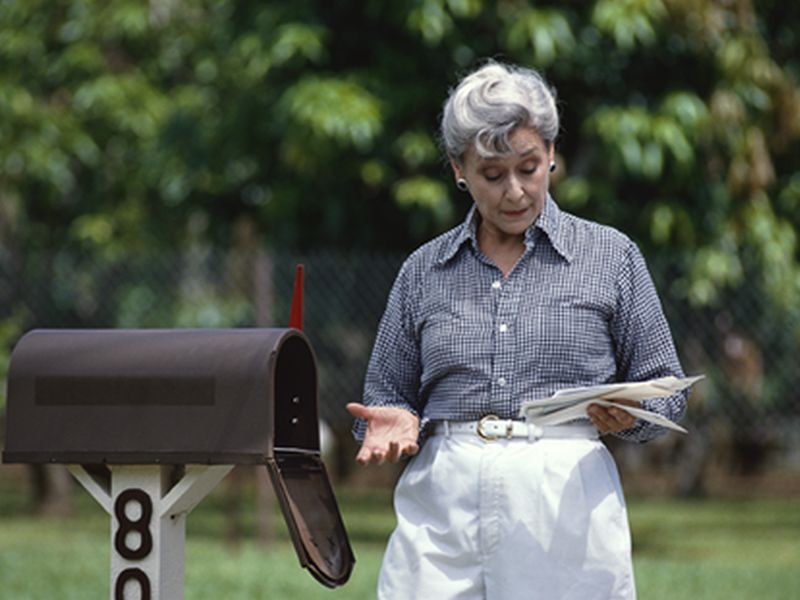
TUESDAY, July 31, 2018 (HealthDay News) — Colon cancer is treatable if caught early. And sending screening tests in the mail might boost timely detection, a new study suggests.
University of North Carolina (UNC) researchers found that Medicaid patients were more likely to get screened if they received stool-testing kits by mail instead of just reminders.
“There has been a national push to increase colorectal cancer screening rates since colorectal cancer is a preventable disease, but screening rates are only about 63 percent, and low-income, and otherwise vulnerable populations, tend to be screened at even lower rates,” said study first author Alison Brenner.
Brenner is a research assistant professor and a member of the UNC Comprehensive Cancer Center in Chapel Hill.
Among people with health insurance, Medicaid patients have the lowest rates of colon cancer testing, her team reported.
The study included more than 2,100 Medicaid patients in North Carolina who were not up to date on colon cancer screenings. There was a nearly 9 percent increase in screening rates among patients who received a screening kit in the mail, compared with those who received only a reminder.
The kits contained a test that can detect blood in the stool, a symptom of colon cancer. The patient completes the test at home and returns it for analysis. Patients who have a positive result are scheduled for a colonoscopy.
Twenty-one percent of patients who received a screening kit in the mail completed the screening test, compared with 12 percent who just received a reminder. Eighteen people who completed the mailed screening tests had abnormal results, and 15 of them were eligible for a colonoscopy. Of the 10 who had a colonoscopy, one had an abnormal result, the findings showed.
“Preventive care amongst vulnerable populations rarely rises to the top of the mental queue of things that need to get done,” Brenner said in a university news release.
“In North Carolina, many Medicaid recipients are on disability. Making something like colorectal cancer screening as simple and seamless as possible is really important. If it’s right in front of someone, it’s more likely to get done, even if there are simple barriers in place,” she added.
More than 97,000 Americans will be diagnosed with colon cancer this year, resulting in about 50,600 deaths, according to the American Cancer Society. Colon cancer is the third most common type of cancer in the United States, and the second leading cause of cancer death.
The study was published recently in the journal Cancer.
— Robert Preidt

Copyright © 2018 HealthDay. All rights reserved.
CONTINUE SCROLLING FOR NEXT NEWS ARTICLE
SOURCE: University of North Carolina, news release, July 2018






Leave a Reply